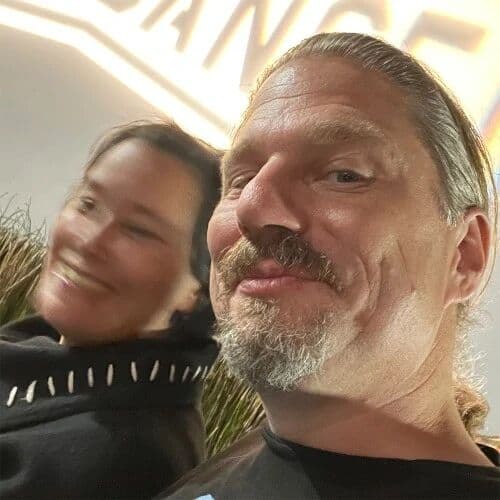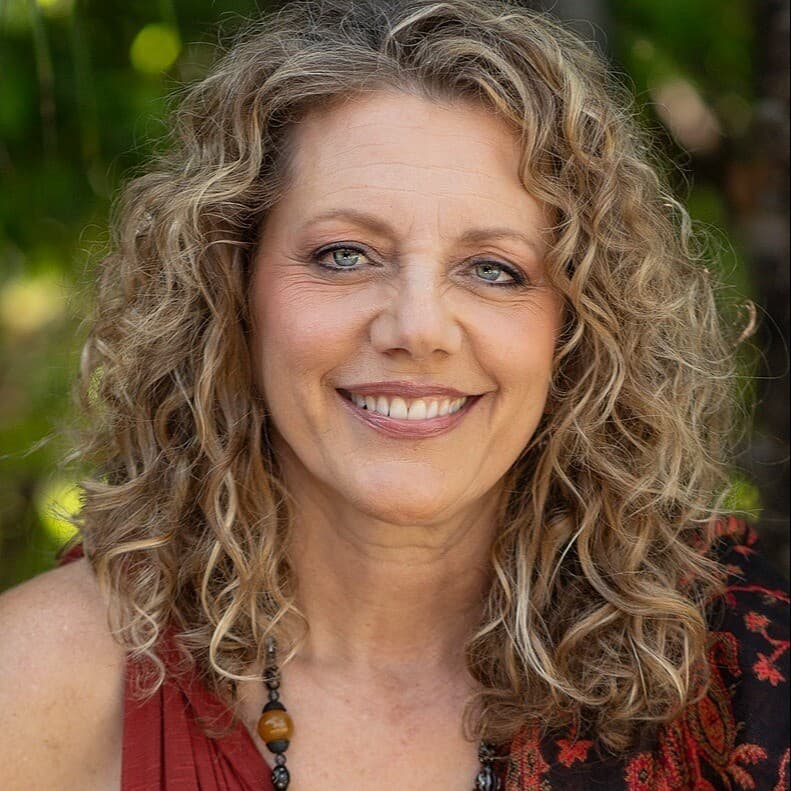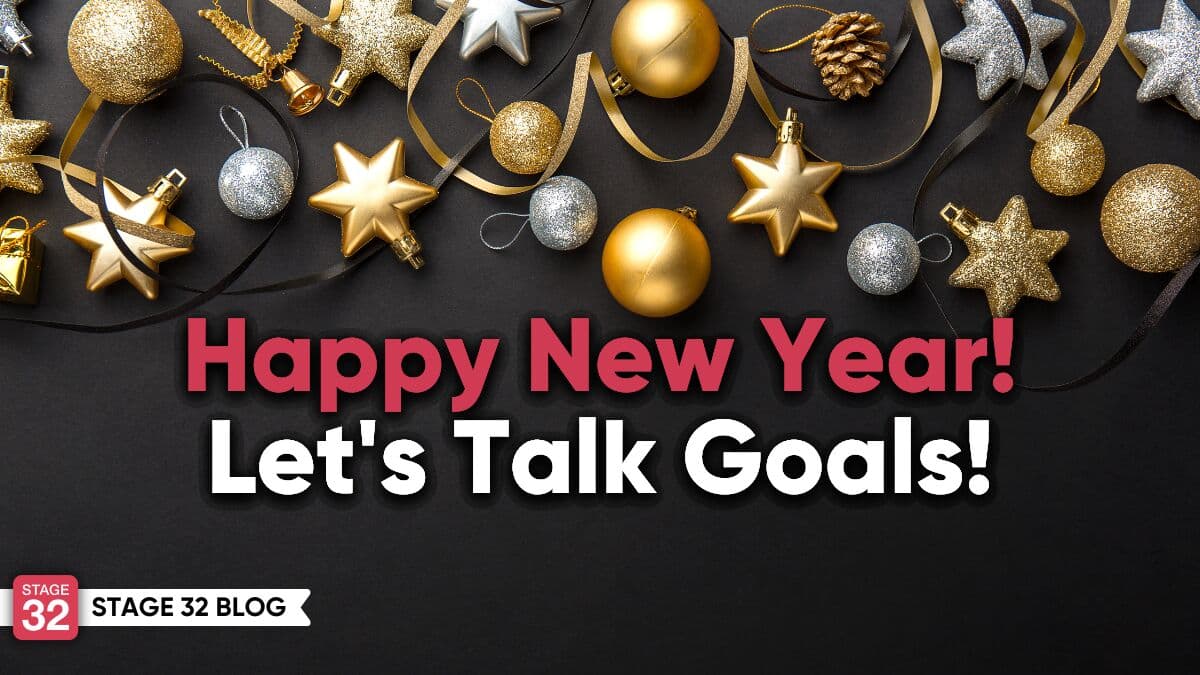Branding Yourself Without Breaking Yourself

Branding Yourself Without Breaking Yourself

Because every blog is someone’s first blog, allow me to introduce myself. My name is Tennyson E. Stead, and I’m a regular contributor here on Stage 32. I’m a screenwriter with more than 50 screenplays under my belt, I’m a director, I’m a producer, I’m an old-school theater guy and I’m a cutting edge transmedia creator. My biggest credit to date is for writing a dark future gladiator tentpole called Atlas: Uprising for Emagine Content, and I’ve got a sci-fi heist movie in development called Quantum Theory.
I’ve been given a lot of unsolicited advice about my brand, over the course of the last few weeks, by people who make less money than me. If there is just one measure of a brand’s value, it’s probably tied to the brand’s income or net worth… so what this steady stream of free advice tells me is that there’s a lot of desperate people out there. Folks are looking to establish their authority, whether or not they’ve earned it, and this is nothing new. Professional branding has always been a hot topic of conversation and a profound source of stress in New Hollywood.
With all this in mind, I thought it might be a good time to talk through where my public image comes from. Most of the people on this website know me to be a pretty relentless asshole, as a survivor of cataclysms, and as a very devoted showperson. My brand is pretty well-established, and at the same time it’s not something I put a lot of thought or effort into. If I were concerned with “portraying an image of success,” I probably wouldn’t blog about maintaining a career through severe traumatic brain damage or homelessness. Yet, here we are!
Let’s talk about how and why this works.

WHAT ARE YOU DOING FOR HOLLYWOOD, THAT NOBODY ELSE CAN DO?
Before you tell me there’s nothing unique about what you have to offer this industry, all of us wrestle with imposter syndrome. Put those thoughts aside, for this conversation. All I’m suggesting is that there’s something you want to achieve, and that it’s a job you don’t trust anyone else to actually go and do.
If you didn’t think you had something to offer this industry, you wouldn’t be investing in your career in the first place. If someone else could do what you’re doing, you’d let them. What is that thing, you’re working so hard to contribute? Maybe it’s very specific. Maybe it’s evolved over time, even. Maybe someone else winds up doing the thing you thought would define your career, and you find yourself digging for a deeper and more fundamental ambition that’s driving you. Over the course of your creative and professional development, you always want to be checking in with yourself. You always want to know the one, special thing you have to offer.
For me, right now, it’s bringing classical showbusiness to genre cinema. My dramaturgy and scenework fundamentals are stronger than any screenwriter or producer I know. Even if I don’t have the same wordsmithing chops as other writers, I do right by my actors in ways I don’t see other people doing… and I do it in genres that are typically about the ideas, the themes, and the creative egos involved. Once the actors are set up to succeed on the page, I rehearse them like it’s Cirque du Soleil. We put on a show that nobody is prepared to see, for an audience that gets exactly as much work and attention from myself and my collaborators as the production does!
Old school showbusiness is what I do, and it’s wrapped in the same shiny, mylar wrapper that other filmmakers use to hide their mistakes. Most people in Hollywood can’t even see how the amount of work I put into developing performances and selling tickets is sustainable, let alone necessary. Quite a lot of it comes down to a lifetime of training, and most people in Hollywood transitioned from other careers or disciplines. They don’t have what I have. My success, ultimately, will give those people a blueprint for sustainability that puts their futures in their hands much more readily than it is today.
What I’m bringing to this industry takes longer than 10 seconds to explain. What’s more, it’s not something everyone cares about or sees the value in. What’s important is that I know it’s important, and that it’s something I will keep pushing and developing until it becomes an industry standard. This is what I want people to expect from me. In fact, achieving this standard of excellence is my definition of success.

WHAT ARE ALL THE THINGS YOU DO WITHOUT EVER THINKING ABOUT?
You don’t want the work of maintaining your brand to be unsustainable. Instead of making a bunch of crazy promises to yourself and your industry about all the amazing things you’re going to do with your life, pick that one thing - that one contribution you want to make - and deepen your brand by being conscious of the habits you’ve built to help you get there. Every habit you have is something you started practicing because, at some point, you decided it would be useful. Over the years, those practices have become unconscious. Somewhere along the way, you’ve probably started taking them for granted.
Now is the time to take stock of what those habits are. Look at all the little things you do on a daily basis, in order to advance your career. Start telling people to expect those things from you. You’re going to do them anyway, right? You put all this work into becoming the showperson you are. Make it worth your while!
You can expect a semi-monthly Stage 32 blog from me. You can expect me to find passive structure in a screenplay, and to shine a blinding light on it until everyone in the room is sick of my crap. You can expect me to put my finger on the inconsistencies and unsustainabilities of any plan or behavior, no matter how badly people wish I would overlook those issues for the sake of diplomacy. Expect me to stick around and help out after a show, even if I wasn’t actually in the show, as long as it’s not socially awkward to do so. Expect me to be early. Expect me to receive gratitude, but ignore praise. Expect me to support other showpeople, as if they were family. Expect me to call out safety issues, whether they’re the result of negligence or abuse.
All of these things are part of my brand. Countless other habits, which I never even have to think about unless I’m selling myself to someone, are also part of my brand. Literally the only thing about my brand that I ever need to think about at all is the one thing I never stop thinking about in the first place.
See how that works?

TAKE THE ONE THING YOU INSIST ON DOING WITH YOUR LIFE…
…and combine it with all the things you do automatically. That’s it! That’s your brand!
You want your brand to reflect the best of what you have to offer. At the same time, you want your brand to be a promise you can always deliver on. If you keep the focus we’ve outlined here, your brand inevitably becomes the legacy you’ve been working so hard to create in the first place.
If you’re selling yourself as anything else but this, you’re setting yourself up for failure. You’re creating extra work for yourself, and you’re going to pay for it by making mistakes or by pulling that effort away from more important things. Somebody’s going to notice your shortcomings, and those shortcomings will wind up becoming the thing you are known for.
Is branding as important as people say? Maybe. Honestly, it doesn’t matter one way or the other. If you make your brand sustainable, then it feeds and grows on all the things you’d be doing regardless. Just make sure you know what those things are, and make sure you keep looking for more efficient ways to explain them to other people. Stay on that message when you’re communicating in public, and everything else will work itself out.
About the Author

Tennyson Stead
Director, Producer, Screenwriter
Tennyson E. Stead is a master screenwriter, a director, a worldbuilder, and an emerging leader in New Hollywood. Supported by a lifetime of stagework, a successful film development and finance career, and a body of screenwriting encompassing more than 70 projects, Stead is best known for writing an...






